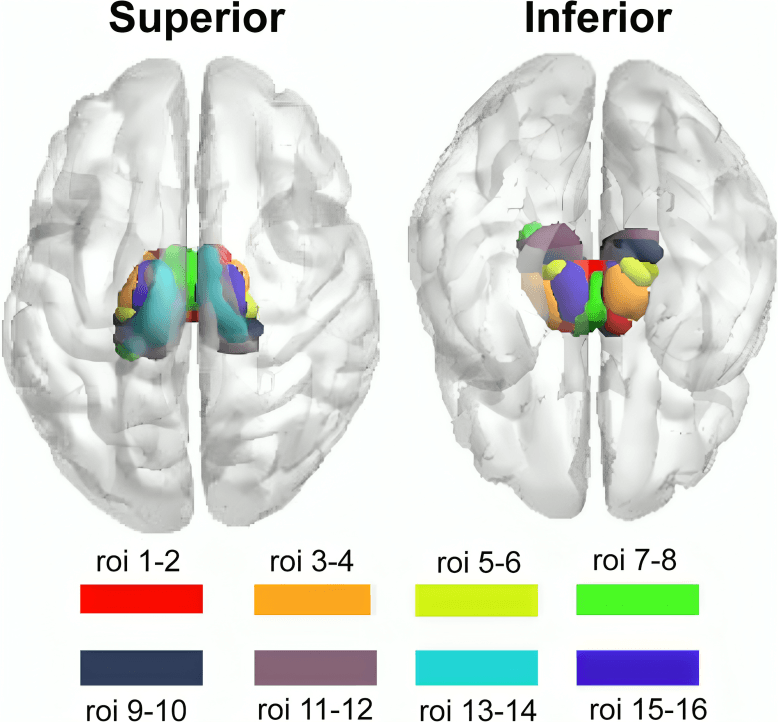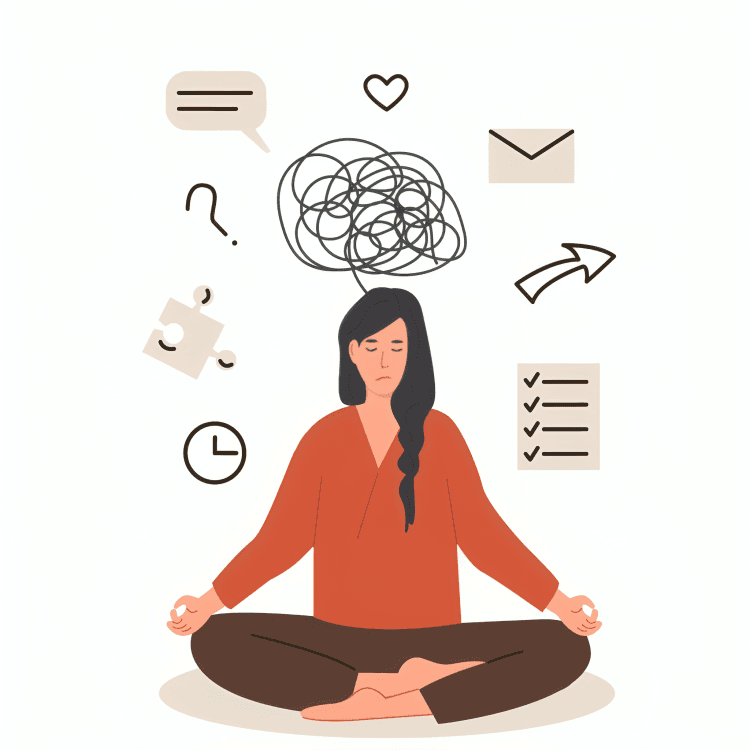
“
How Meditation Can Reduce Stress is no longer a wellness cliché; it's a science-backed lifestyle enhancement that touches every layer of your being. From calming rapid thoughts to soothing tense muscles, meditation can reduce stress and is both a quiet revolution and a personal superpower. 1
1
”
Regular meditation lowers cortisol, the primary stress hormone, thereby reducing anxiety and promoting relaxation, as evidenced by numerous studies on mindfulness-based stress reduction programs. 1
Consistent meditation activates the parasympathetic nervous system, which slows the heart rate and breathing, promoting deep relaxation and helping your body recover from the effects of chronic stress. 2

Brain scans show meditation increases gray matter in areas tied to emotion control, and self-awareness, helping people manage stress more effectively by improving emotional resilience and mental clarity.
Meditation teaches you to observe thoughts without judgment. This mental training reduces overthinking and rumination, which are often the main drivers of long-term anxiety and emotional tension. 3
Stress often begins in the mind. Meditation redirects attention from stress-inducing thoughts toward the present moment, creating a mental space where calm and clarity can2 take root. 4
Meditation helps regulate the amygdala, the brain’s fear center. When overactive, it intensifies stress. Meditation reduces its reactivity, resulting in fewer panic responses and more thoughtful behavior. 5
During meditation, breathing slows and deepens. This physical change naturally soothes the nervous system, calming both the body and mind and easing the feelings of being overwhelmed. 6
Meditation encourages mindfulness, allowing people to pause and reflect before reacting. This pause is key in high-stress situations, helping you make balanced decisions instead of impulsive ones. 7
Long-term meditation increases dopamine and serotonin levels, brain chemicals responsible for happiness and calmness. These mood boosts naturally counteract the emotional effects of stress and anxiety. 8

People who meditate regularly report better sleep. Since stress often disrupts rest, meditation helps reduce nighttime worries, leading to deeper and more refreshing sleep cycles.
Meditation reduces muscle tension by lowering adrenaline and calming the body. Over time, this release of tension becomes automatic, making you feel more at ease in stressful environments. 9
Meditation helps break the cycle of stress-eating and emotional cravings. With better awareness of emotions, individuals gain control over reactions to tension, including unhealthy food habits. 10
It increases activity in the prefrontal cortex, responsible for rational thinking and planning. This mental boost allows for better handling of stressful thoughts and emotional challenges. 11
Studies show meditation reduces inflammation markers in the body. Chronic stress causes inflammation, which leads to disease. Meditation, therefore, supports both emotional and physical stress reduction. 12
Meditation helps with emotional regulation. By observing feelings without reacting, meditators often experience fewer emotional outbursts and feel more balanced during stressful moments. 13

Meditation helps you detach from constant digital distractions. By stepping away from screens and into silence, you allow your brain to rest and reset, reducing tech-induced stress.
Short sessions of meditation can be just as powerful as long ones. Even 10 minutes daily has been shown to lower stress levels and improve emotional control. 14
Meditation rewires the brain through neuroplasticity. New, healthier pathways replace stress-inducing habits, allowing a calmer, more positive way of thinking to become your default mode. 15
Over time, meditators report stronger patience, kindness, and empathy—all traits that help you navigate difficult people and situations with less emotional wear and tear. 16
Meditation strengthens emotional boundaries. With heightened self-awareness, you become less likely to absorb others' stress or take on responsibilities that drain your energy or mental peace. 17


